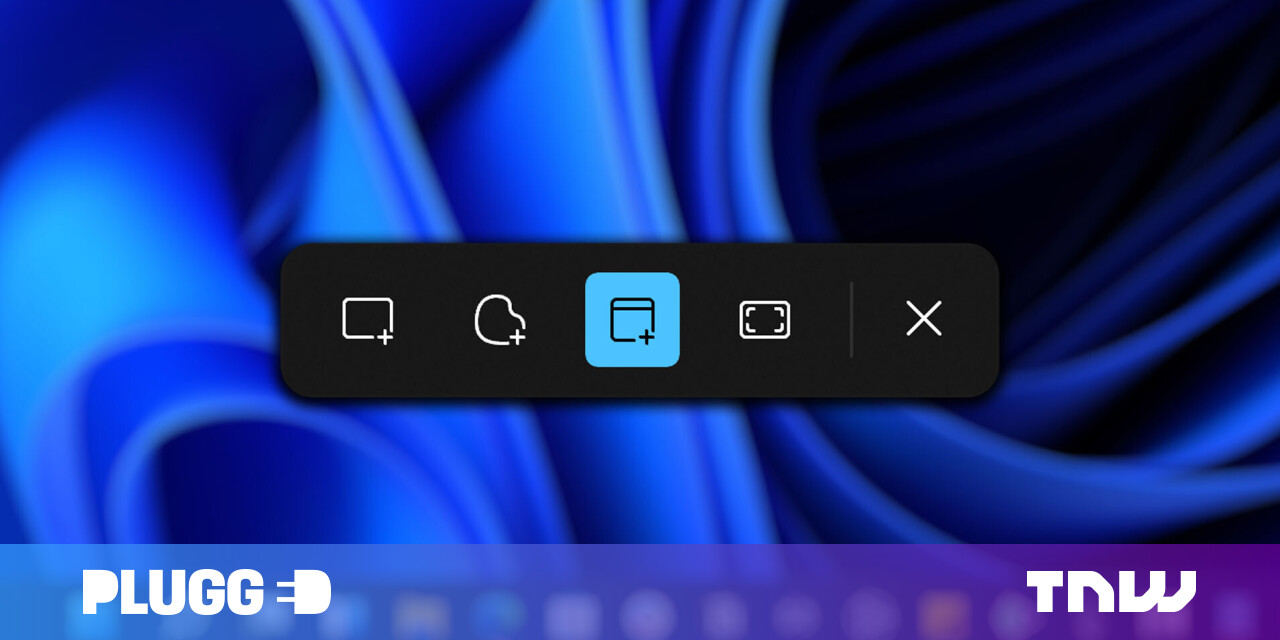#Torrenting? Here’s How a VPN Can Protect You

Table of Contents
“Torrenting? Here’s How a VPN Can Protect You”

VPNs are the only dependable way to protect yourself from tracking by copyright watchdogs. This is thanks to VPNs’ IP spoofing technology as well as advanced encryption.
If you’ve ever heard of torrenting, using the BitTorrent protocol to download files from the internet, you probably also know that a VPN is the best way to protect yourself from the attention of copyright watchdogs. Why is that, though?
Torrenting Invites Surveillance
Though torrenting itself is a perfectly legitimate way to download files—it’s recommended by Internet Archive for their larger collections, for example—the fact is that a good chunk of BitTorrent traffic is used to pirate copyrighted material. As a result, even people using sites like The Pirate Bay to find files that were put there by their copyright holders face issues when torrenting.
In some cases, torrent sites are blocked off completely, like in the Netherlands, while in others copyright watchdogs like the DMCA will put trackers on files and then sniff out who downloaded them. The result in the first case is a simple 502 HTML code, while in the second it’ll be a stern warning, followed by fines if you do it again. You could even go to jail for digital piracy.
How You’re Tracked or Blocked
To block a site is fundamentally quite simple: you find out the IP address associated with a site—though for big sites it’s usually a range of addresses, confusingly known as a “block”—and then tell internet service providers that they can’t route internet traffic there. It works for China’s Great Firewall as well as for your employer’s network admin who wants to make sure you don’t watch YouTube on company time.
In the case of torrenting sites, these blocks don’t really work, though. Sites will either just migrate or set up mirrors. The only thing that works is to go after the people behind a site, and even that doesn’t always work: the granddaddy of pirate sites, The Pirate Bay, is still around despite its founders having been locked up.
As a result, there seems to have been a push to go after torrenters as much as the people hosting pirate sites. This is usually done through tracking your traffic back to your IP address and then sending you a notice of some kind. In some countries you’ll get a notice or two to knock it off before getting fined. In other countries nobody seems to care much, though.
A VPN Lets You Avoid Scrutiny
Since both blocks and trackers rely on your IP address, simply changing it is enough to avoid them both. This is where VPNs come in. Virtual private networks reroute your connection, masking your IP address in the process and substituting it for one supplied by the VPN provider.
For example, if you were in Holland now and a torrenting site was blocked off, you could change your IP address to that of another country that does allow access. That is, if for some reason the torrent site didn’t change IP addresses itself.
More importantly, though, a VPN also makes it so that trackers are thrown off your digital scent. With a VPN engaged, you can appear like you’re anywhere in the world. Without your real IP address, copyright watch dogs won’t have anywhere to send their notices, meaning you can torrent to your heart’s content without worrying about warnings or fines.
Can You Use Anything Besides a VPN for Torrenting?
If you’re a bit more familiar with this kind of tech, you probably know that VPNs aren’t the only way to change, or “spoof,” your IP. However, none of them should be used for torrenting due to the security risks.
For example, one of the simplest ways to change your IP is to use what’s called a proxy, a simple program that runs in your browser and reroutes your traffic through one of their servers. Proxies are fine for unblocking YouTube, say, but it won’t work for torrenters because of a special trick VPNs have up their sleeve, namely the fact that they encrypt your connection as well as reroute it.
When you make a connection with a VPN server, you create a so-called VPN tunnel, an encrypted connection. All your traffic is routed through this tunnel, making it impossible for anybody snooping—like a tracker—to see what you were doing while online, as well as hiding the origin of your connection, your real IP address.
Proxies don’t have this protection, and as a result it’s much easier for trackers and blockers to figure out where your connection point of origin lies. Though there is a chance you can get away with torrenting using a proxy, the risk is bigger than you probably want to deal with.
Torrenting with Tor
For similar reasons, we also don’t recommend using Tor for torrenting. Because of the way the Tor network is set up, there is a chance that the people whose nodes you’re using can see what you’re doing.
The short version is that when you use Tor, you’re jumping between connection points within the network—called nodes—in an effort to deter trackers. However, the weakness in this system is that not all your information is shielded, and there is a chance that a more serious effort could be used to uncover your tracks. The Tor Project goes into more detail.
The upshot is that, when it comes to torrenting, VPNs are the only way you have any guarantee of anonymity. Currently, they’re the only solution that both spoofs your IP address and secures the connection to deter tracking. Thankfully, there are plenty of great VPNs to choose from all of which will let you torrent to your heart’s content. For our favorite for torrenting, check out our review of IVPN.
If you liked the article, do not forget to share it with your friends. Follow us on Google News too, click on the star and choose us from your favorites.
For forums sites go to Forum.BuradaBiliyorum.Com
If you want to read more like this article, you can visit our Technology category.




